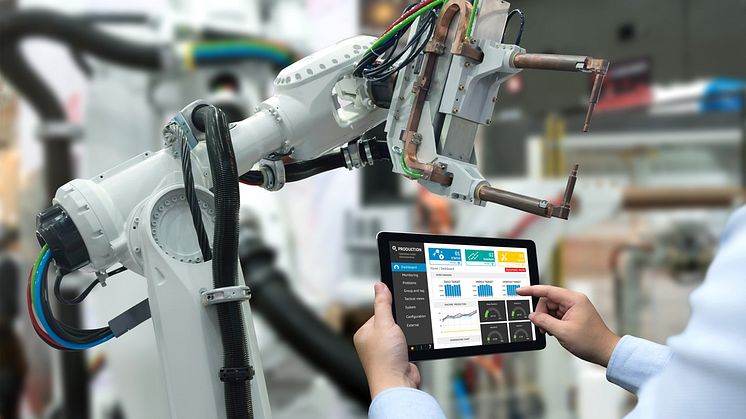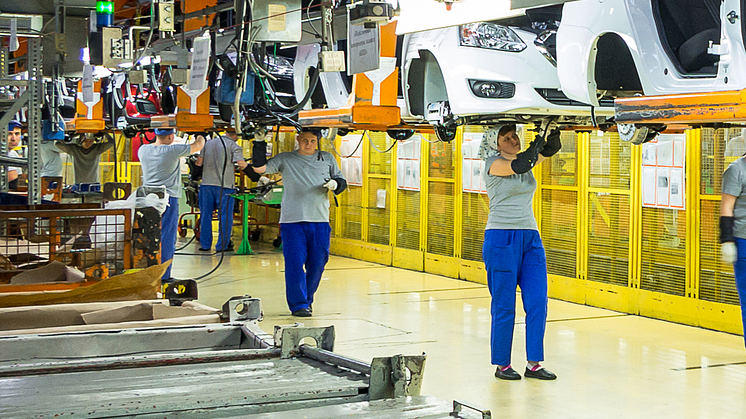
News -
New tasks in old jobs: Manufacturing in Europe increasingly driven by automation
The importance of physical tasks in manufacturing is generally declining due to automation; with more intensive use of digitally controlled equipment, and the increasing importance of quality standards, resulting in a growing amount of intellectual tasks for manual industrial workers.
The New tasks in old jobs: Driver of change and implications for job quality publication from the Future of Manufacturing in Europe (FOME) project summarises 20 case studies in five manufacturing areas (car assemblers, meat processing workers, hand-packers, chemical products plant and machine operators, and inspection engineers) in Germany, Italy, Sweden and the UK.
The report brings a contextualised and detailed analysis of recent changes in the task content and nature of these occupations due to factors such as technology, market changes, policy and regulation. It also discusses the implications of these changes for task profiles, job quality and industrial relations.
Each sector studied in the research is influenced by digitalisation and automation to varying degrees depending on the specific circumstances within their respective industries, but what is clear across sectors is that manufacturing in Europe is undergoing fundamental change with increasing implications for quality of work, employment quality, workplace risks, work-life balance, industrial relations and wages.
- Download the report: New tasks in old jobs: Driver of change and implications for job quality
- Find out more on the future of manufacturing: FOME project





